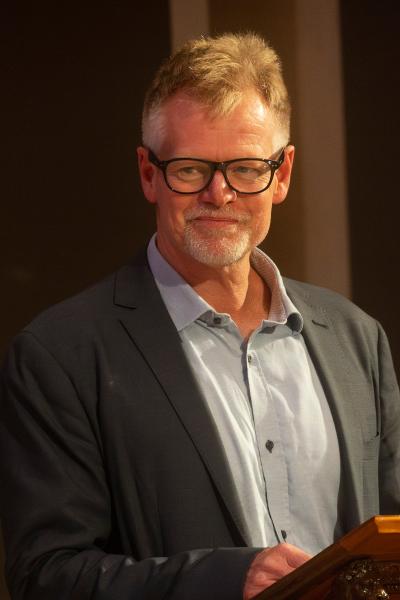In contrast to traditional modes of knowledge production, this approach transcends the scientific peer group, by bringing on board a rich diversity of perspectives, values and interests from multiple stakeholders from different sectors, as well as actors from different societal intersections, to support creative, inclusive, and meaningful collaborations.
Within Mistra Environmental Communication, we examine the capability of environmental communication embodied in transdisciplinary knowledge co-production to enable new forms of practice and processes to support transitions towards sustainable futures. We work together with a broad range of societal partners in the following cases:
Carbon farming in Sweden and Australia
Carbon farming is an emerging approach where farmers and landholders apply changes in land management practices to capture atmospheric CO2 and sequester it as carbon in agricultural soils and vegetation as well as generate other co-benefits. Owing to its potential to offset the emission of greenhouse gas (GHG), carbon farming is increasingly being considered as an important mechanism to both achieve emission reduction goals in line with the Paris Agreement, and contribute to a transition to a climate-positive society. Australia has the world’s most well-established carbon farming policy, whereas in Sweden, despite its ambitious climate targets, carbon farming is not acknowledged in any current climate policy framework. In 2019, a pilot Swedish Carbon Sequestration (SCS) platform was established with the objective of attracting landholders, businesses, authorities, scientists and other key stakeholders to collaboratively design and enable a voluntary carbon farming scheme in Sweden. We will collaborate with the SCS platform to facilitate multi-stakeholder learning processes, and thereby providing a window of opportunity to examine the potential of knowledge co-production in supporting sustainability transitions.
For more information about this case study, please download the following project brief about Carbon Farming
Bushfires in Sweden and Australia
The relationship in the public sphere between recent forest fires in Sweden (2014, 2017) and bushfires in Australia (2019-2020) has given new fuel to climate change and land use/forest debates. In these debates we can trace a sense of urgency, and action, advocacy of new land use practices (such as forest management models), ideas of fake news and climate change denial, calls for “traditional” knowledge, and the promotion of these as a response to “others” knowing “better”, and the power relations that support dominant ways of knowing. The urgency and panic as a result of the fires in Australia and Sweden opens a unique opportunity to study and understand the interaction of different climate change discourses in society with different land use sectors, and also how emergent voices, perspectives and land management practices potentially gain validation. This will have significant implications for the design and implementation of legitimate policy interventions.
For more information about this case study, please contact Marcus Bussey.
Co-Creation Lab for sustainability transformation – a cross-cutting case
The Co-Creation Lab serves as a learning platform that hosts and experiments with a variety of exploratory methodologies (e.g. serious game system, storytelling, futures and anticipatory methods…) to reflect upon the issues brought up in the other case studies, i.e. carbon farming, bushfires. The aim of these methodologies is to support knowledge production processes that are systemic, equitable and anticipatory. The Lab will work with the case study researchers to design exploratory methodologies and facilitate co-creation sessions which address the research questions in the respective cases, and simultaneously examine the potential of exploratory methodologies to stimulate transformative knowledge co-production.
For more information about the Co-Creation Lab, please download the following project brief about Co-Creation Lab or contact Thao Do.
Sustainable livelihood in Honduras
The indigenous Miskito people of Honduras have recently been granted access to their land by the government. However, the once heavily forested region has to a large degree been deforested through logging and burning. The poverty among the Miskito people is high, and they furthermore lack the resources to reestablish sustainable ways of living on the land. At the same time, companies in Sweden are pursuing ways of compensating for their environmental impact by buying carbon credits or sponsoring CSR projects. Our partner in this project, Paskaia, desires to offer bridges between companies and the Miskito people to contribute to developing sustainable livelihoods in Miskito.
What does it mean to develop sustainable livelihoods on the land? What is it possible for a company to do in terms of climate compensation or CSR projects? What learning opportunities exist by facilitating direct interactions between the Miskito people and Swedish companies? To figure that out, we follow the principles of knowledge co-production, where we aim to co-explore and co-create what it might mean to care and be stewards of the land and the planet in this context. Furthermore, we aim to facilitate new relationships between seemingly unconnected stakeholders and their perspectives to establish sustainable ways of living on the land in Miskito aided by company resources. Thus, the case offers the potential to explore relations to forests, fire and land in knowledge-co-production processes while providing opportunities for indigenous people to secure sustainable livelihoods in Miskito.
Other projects
We also collaborate with two other projects:
- Governing the Bioeconomy Transition: Actors, values and trade-offs (led by Sara Holmgren)
- The Value of Stakeholder Participation in Collaborative Research Projects for Sustainable Development: A gender and intersectional analysis (led by Stina Powell).
Researchers involved
Neil Powell, Professor of Sustainable Development at SRC – Sustainability Research Centre, University of the Sunshine Coast and Researcher at Centre for Health and Sustainability, Uppsala University
Eva Friman, Researcher at Centre for Health and Sustainability, Uppsala University
Marcus Bussey, Senior Researcher and Deputy Head at School of Social Sciences, University of the Sunshine Coast
Thao Do, Research assistant at Centre for Health and Sustainability, Uppsala University
Stina Powell, Researcher at Division of Environmental Communication, Department of Urban and Rural Development, Swedish University of Agricultural Sciences
Kevin Bishop, Professor of environmental monitoring and assessment at the Department of Aquatic Sciences and Assessment, Swedish University of Agricultural Sciences
Sara Holmgren, Researcher at Division of Environmental Communication, Department of Urban and Rural Development, Swedish University of Agricultural Sciences
Sanna Barrineau, PhD Student
Max Whitman, PhD Student


